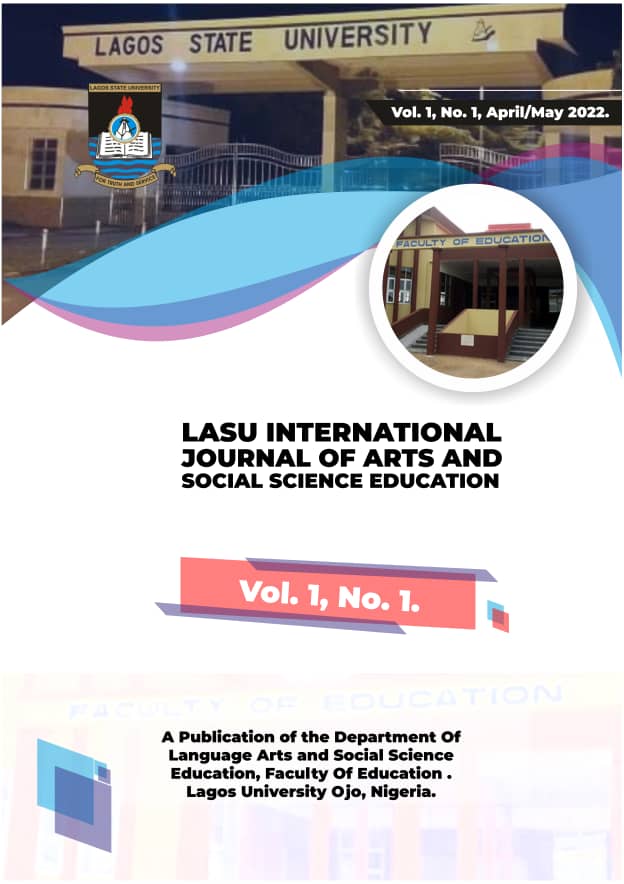EFFECT OF DEMOGRAPHIC FACTORS ON CONSEQUENCES OF CYBER BULLYING AMONG UNDERGRADUATES IN LAGOS STATE
Cyber-bullying is the use of technologies by an individual or a group of people to deliberately harass and upset someone else. It is a form of bullying or irritation, pestering or persecution using electronic forms of contact. Its consequences include aggression, reprisal, low academic performance and suicidal intention. -When the time spent online and using social networks increases, occurrence of cyber bullying is the end result. To this end, this study investigated the effects of demographic factors on consequences of cyber bullying among undergraduates in Lagos state. The study employed a descriptive design to gather relevant data. The sample consisted of 120 respondents and the instrument used was named Demographic and consequences of Cyber Bullying Inventory (DCCI). One research question and two hypotheses were raised and tested at 0.05 level of significance. Data collected were analyzed using percentages, t-test and ANOVA. The result showed that more students were aware of the consequences of cyber bullying and that gender and age have no effect on the consequences of cyber bullying. Counsellors, school authorities and all stakeholders in the educational sector should therefore create more awareness on the consequences of cyber bullying among learners.


